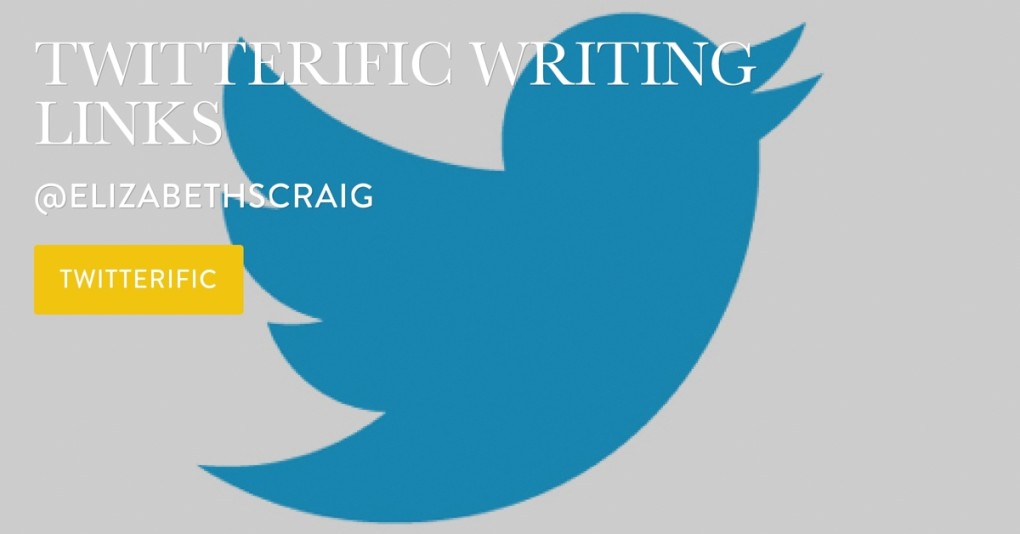
by Elizabeth S. Craig, @Elizabethscraig
When I hit rough patches (and I do nearly every book), I keep going without feeling blocked. That’s because I’ve done it before. Every couple of books I seem to hit a major issue. It becomes less of an issue because I realize I can power through it. Whether I fix the issue then or fix it in the draft, I know it will be fixed. I know that the story will end up turning out fine.
This is true in other arts, as well. I saw an interesting video that Open Culture posted online. It depicts legendary B.B. King, with the confidence of a lifetime of performing, changing out a broken guitar string in the middle of a performance at the Live Aid concert in the mid-eighties. Without missing a beat, he fixed his broken string in front of a crowd of 80,000 people.
At the same time I was watching the video, I was in the middle of reading actor Bryan Cranston’s autobiography, A Life in Parts. He echoed what I’d noticed with the B.B. King performance (p. 133) about the importance of confidence as a professional artist:
“This whole business is a confidence game. If you believe it, they’ll believe it. If you don’t believe it, neither will they. Today, when I’m in the position as a director to hire actors, I don’t feel entirely comfortable hiring someone who doesn’t emit confidence. If an actor comes in, and I feel flop sweat and need from them, there is almost no chance I will hire them. Not because they are untalented, but because they haven’t yet come to the place where they trust themselves, so how can I trust they’ll be able to do the job with a sense of ease? Confidence is king.”
What if you don’t have confidence through experience? What if you’re not yet at the point, as Cranston says, that you trust yourself?
The obvious answer is to continue writing. But I think that other things can help, too.
Keep reading and see how other writers succeed and fail (especially in your genre).
Note your successes each day to make your progress easier to track.
Finish what you start writing. This helps build confidence that you can at least finish a book, even if it requires major revision.
Have you developed confidence in your writing ability?
Photo credit: Tomek Nacho via Visual Hunt / CC BY-ND




